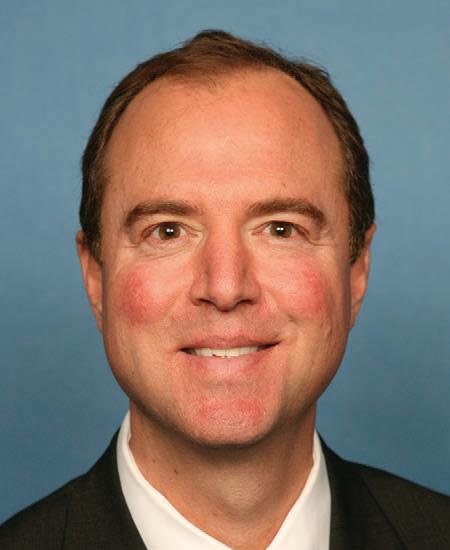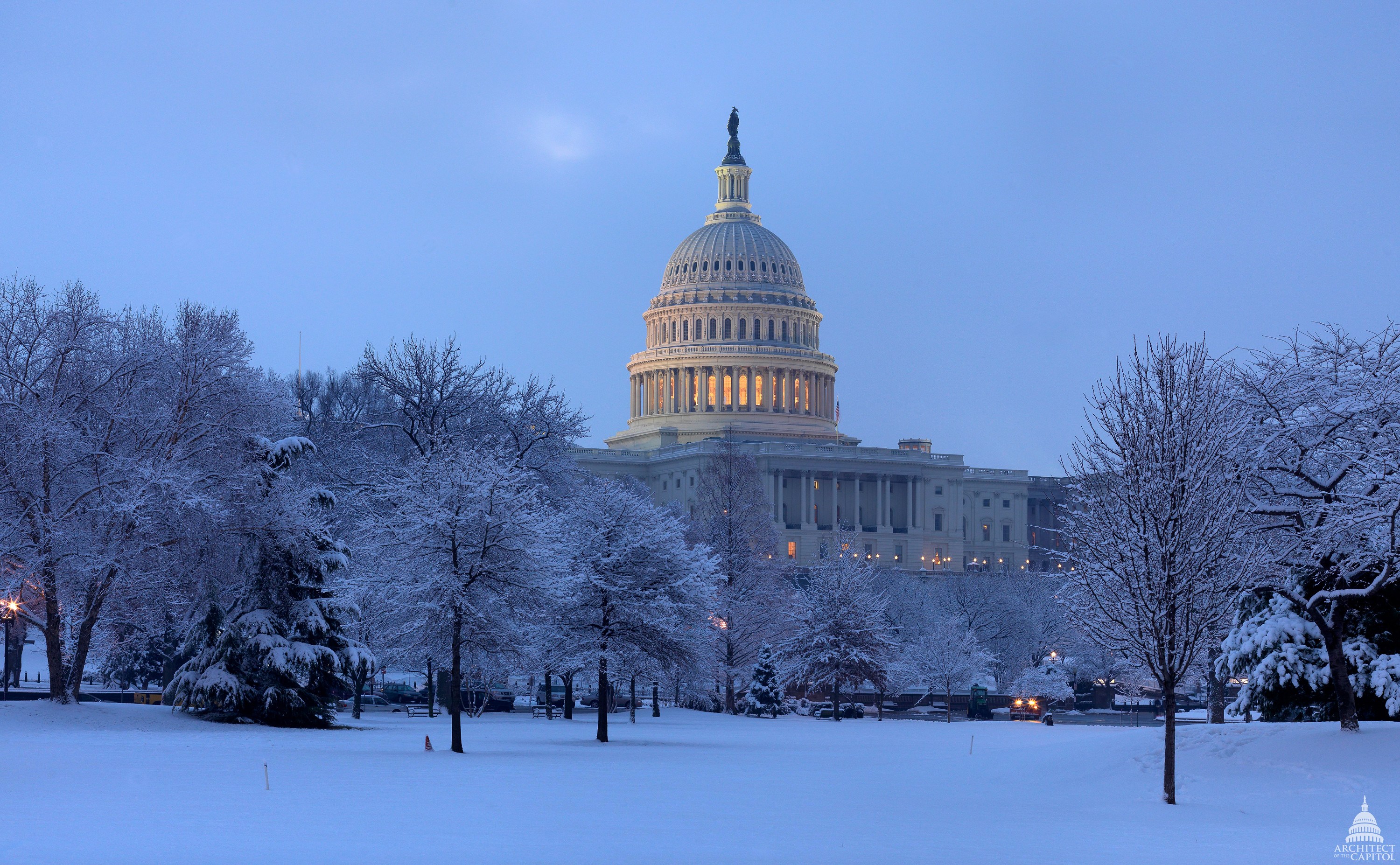An Open Letter to the Federal Bureau of Investigation
One of the great privileges of my career has been the opportunity to work closely with the Federal Bureau of Investigation.
Published by The Lawfare Institute
in Cooperation With

One of the great privileges of my career has been the opportunity to work closely with the Federal Bureau of Investigation.
I first came into contact with the FBI as an assistant U.S. attorney in Los Angeles more than thirty years ago. At the time, I worked hand in hand with FBI agents on cases that ranged from drug trafficking to bank robbery, and from defense contractor fraud to complex white-collar investigations involving corruption. The most significant case I prosecuted was one that involved the FBI as both defendant and investigating agency, when I tried former FBI agent Richard Miller for spying for the Russians.
While that case involved the first FBI agent to be charged with such a serious crime, it was also the case that demonstrated to me the dogged pursuit of justice that characterizes the bureau. I worked with dozens of agents on that investigation, and I have never had the privilege of working with a more professional workforce than I did then. This was no anomaly; the FBI is the finest group of law-enforcement professionals on earth.
I came to Congress in 2001, only months before the Sept. 11 attacks. In the months and years following that terrible day, at a time of national fear and uncertainty, I watched the FBI remake itself into the world’s most effective counterterrorism organization. Through painstaking effort and with superb leadership, you uncovered and disrupted terrorists plotting attacks on our soil, and you have saved countless lives.
I have also seen the bureau confront new threats, among them the proliferation of cyber offenses and cross-border organized crime. As ranking member of the House intelligence committee, I have learned far more than I understood at the time of the Miller case about the bureau’s counterintelligence mission and the professionals who toil in the shadows to protect our nation from foreign espionage.
In recent weeks, the FBI has come under unprecedented and unjustified criticism. FBI agents have been slandered as “stormtroopers” for executing lawful search warrants and described as part of a corrupt “deep state” for pursuing a lawful counterintelligence investigation into Russia’s interference in our elections.
The president’s allies have put forward a succession of attacks against the FBI and the intelligence agencies that responded to Russia’s interference in the 2016 elections. Each has withered under scrutiny, but they have served their purpose of casting a shadow on the origins of the counterintelligence investigation into the Trump campaign, and ultimately Special Counsel Robert Mueller’s work.
Earlier this year, those attacks took the form of an unprecedented move to declassify the existence of a FISA warrant targeting Carter Page, a former foreign policy adviser to the Trump campaign. Though congressional Republicans accused the FBI and the Justice Department of misrepresentations to the FISA court, a full examination of the accusations against the FBI made clear they acted reasonably and appropriately out of a well-founded concern about Page’s connections to known Russian agents.
After text messages were found that were critical of Donald Trump (among other candidates and elected officials), the argument has been advanced that the bureau was biased in favor of one Clinton and against Trump. But there has been no evidence produced to date that the private views of two FBI personnel affected the handling of either the Clinton or Trump investigations; moreover the public disclosure of only the Clinton investigation belies the suggestion that the FBI was impermissibly favoring her campaign.
Most recently, the president and his congressional allies have advanced the claim that the FBI “spied” on the Trump campaign. There is simply no truth to this allegation. While I cannot discuss the information briefed to the Gang of Eight, I have seen no evidence that the FBI did anything but act professionally and appropriately. At the same time, pressing the FBI to share sensitive information about sources and methods in order to help the president’s defense team does lasting damage to the FBI’s ability to keep the country safe.
At heart, these attacks all serve the same, destructive purpose. They suggest that the FBI is just another partisan institution, pursuing an agenda for or against a particular candidate, rather than carrying out investigations according to sound policy and the law. The inspector general has been asked to looked into each of these spurious charges, and it may have offer insights, criticism and recommendations for the future; that is its job. Even the best of institutions can improve its performance of difficult tasks. But none of this will obscure the fact that the investigation undertaken into Russia’s contacts with the Trump campaign was more than appropriate—it was essential to the security of the United States and to protect the country from foreign adversaries. Nor will it detract from the incredible work the bureau continues to do to keep Americans safe.
This is not the first time the FBI has been tested by political interference, nor will it be the last. In 1972, Special Agent Dan Bledsoe was on duty at the major crimes desk the day after the burglary of the Watergate hotel. John Ehrlichman, President Nixon’s chief of staff, called to convey an order to terminate the investigation into the break in, explaining it came from the president himself. Agent Bledsoe refused the order, informing the White House that the law required him to open the investigation, and he was bound to do so.
The current storm around the bureau, like that in 1972, will pass, because your commitment is not to party, or to a president, but to the rule of law.
The ethic that has been cultivated at the bureau is one of faithful and diligent adherence to the law. This does not mean that the FBI, like any institution, is beyond reproach. In a democratic society, it is healthy and normal for citizens to critique and to question. Agents are subject to rigorous oversight, from internal monitors, the courts, and Congress, and that is as it should be, indeed, as it must be.
I have not always agreed with the decisions of the FBI, either as an assistant U.S. attorney or as a member of Congress, and nor would I expect to. But I have never questioned the integrity of the hard working men and women at the Bureau and for a simple reason; you have never given me cause to do so. The American people have entrusted the FBI with the tremendous task of enforcing the law, fairly and without favor. That trust has been well placed.
I can assure you that the vast majority of the American people share my high regard for the FBI, and so do my colleagues, Democrats and Republicans. While I wish that more of them felt free to say so, the FBI is widely respected on the Hill for its professionalism, talent, and integrity. Despite the static that you may hear from time to time, do not for a moment believe that it is otherwise.
In its current time of trial, the FBI is deeply fortunate to have someone of Christopher Wray’s fine character and caliber at its helm. History, and the American people, will remember and record the decisions we make when our institutions are tested. I have every confidence that the FBI will pass this test with flying colors, and continue to live up to the high ideals expressed in its creed—fidelity, bravery, and integrity.
Sincerely,
Adam B. Schiff
Member of Congress




